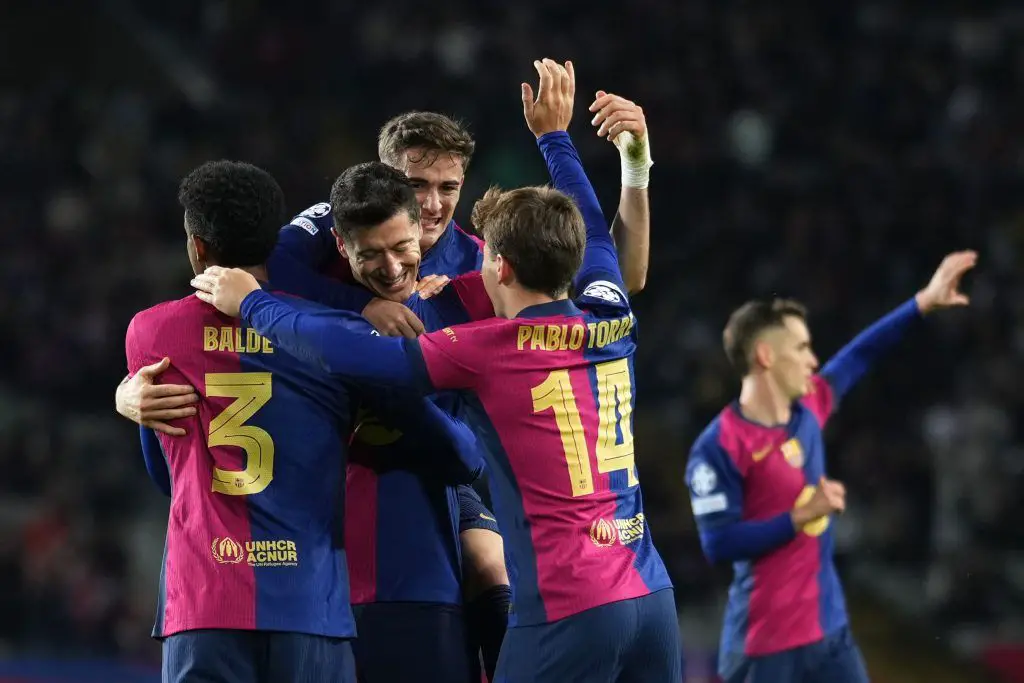Tech
Cohere co-founder Nick Frosst thinks everyone needs to be more realistic about what AI can and cannot do | TechCrunch

AI companies are gobbling up investor money and securing sky-high valuations early in their life cycle. This dynamic has many calling the AI industry a bubble.
Nick Frosst, a co-founder of Cohere, which builds custom AI models for enterprise customers, recently said on TechCrunch’s Found podcast that he doesn’t think the AI industry is in a bubble. While he acknowledges the froth, he thinks calling it a bubble discredits the companies, like his own Cohere, that are creating genuinely useful features for its customers.
“Frequently I’ll run into something where I’ll see somebody using our model, and they will have enabled some completely new feature that wasn’t possible before or they’ll have automated some process that was really bogging them down and slowing everything up,” Frosst said. “And like that’s tangible value. It’s hard for there to be a complete bubble when you have something so useful.”
But that doesn’t mean Frosst is bullish on everything the industry is building. He doesn’t think AI is really ever going to get to artificial general intelligence, defined as human-level intelligence, which is a noticeably different narrative from some of Frosst’s AI peers like Mark Zuckerberg and Jensen Huang. He added that if the industry does get there, it’s not going to be for a long time.
“I don’t think we’re gonna have digital gods anywhere, anytime soon,” Frosst said. “And I think more and more people are kind of coming to that realization, saying this technology is incredible. It’s super powerful, super useful. It’s not a digital god. And that requires adjusting how you’re thinking about the technology.”
Frosst said they try to be realistic at Cohere about what AI technology can and can’t do and what types of neural networks can provide the most value. Cohere’s approach to building its business model is based on the research work of Cohere co-founder and CEO Aidan Gomez while at Google Brain. Gomez is, of course, known for his extensive AI research. He’s most famous for co-writing a paper that bought AI the transformer model that ushered in this generative AI era. But he also co-wrote a paper in 2017 called One Model to Learn Them All. This research came to the conclusion that an all-encompassing large language model is more useful than small models trained for a specific task or on data from a specific industry, Frosst said.
Today, Cohere uses that main model as a base to build custom models for enterprise clients.
“We specialize as people. We go into particular fields. But the first part of our education is just about how to use language in general,” Frosst said. “We spent a long time learning how to read and write. It’s not until very later that you kind of specify on a particular subfield of language. So there’s something kind of similar going on with neural nets as well.”
But despite thinking larger, foundational models will win in his market — among those building such services — he doesn’t think enterprise companies should ask their own single models to do everything: consumer tasks, B2B tasks, product tasks.
Frosst says that companies that want to use AI technology successfully should focus and also be aware of what AI technology can and can’t do.
“We’re pretty sober about how this technology is useful, and what value it can deliver, and to be clear, an insane amount of value,” Frosst said. “But I don’t think it’s going to bring about the death of all humans. And so we’re able to kind of have this realistic approach that maybe spares us from some of the extreme rhetoric on either side.”










